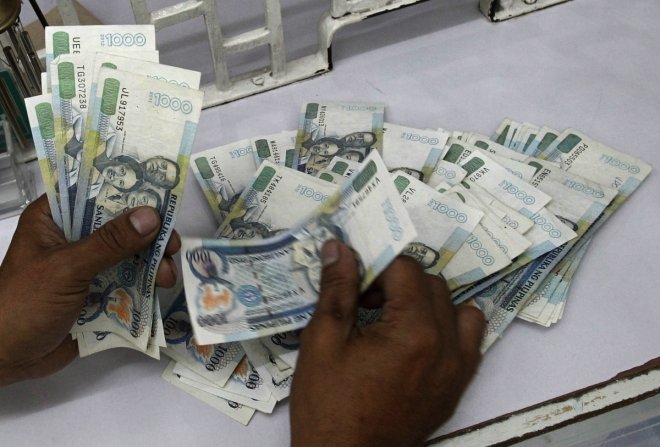
A former lawmaker, representing the province of Leyte, is now facing graft and malversation charges after the Ombudsman Office indicted him for his alleged anomalous use of his funds worth USD 480,000.
The Ombudsman office is an independent government agency with a mandate to investigate high rank elected and career government officials allegedly involved in graft and corruption practices.
The office identified the lawmaker as Eduardo Veloso and it found evidence against him that hinted violation of section 3 of the Anti Graft and Corrupt Practices Law.
The Ombudsman Office reported that their graft investigators noted that Veloso's Priority Development Assistance Fund (PDAF) was allegedly spent on ghost projects. Ghost projects in the Philippines refer to projects that deal with reporting documents but in reality, the projects do not exist.
PDAF was intended for development projects to improve the lives of constituents in the lawmakers' district.
The money laundering incident came to notice when some government officials in the province reported that they have not received any development projects from the lawmakers' office.
Another government agency, the Commission on Audit (COA), also noted that Veloso tapped Aaron Foundation Philippines, a questionable non-government organization to implement the livelihood projects. The COA noted that the said NGO does not have the capability to implement development projects because of its lack of capital.
The ombudsman office is presently investigating many past and present lawmakers and other politicians for allegedly using bogus non-government organizations (NGOs) to channel government funds. This helped them to make it appear that the funds will be used for development projects for their constituents but it turned out the funds were deposited into the personal bank accounts of lawmakers.









